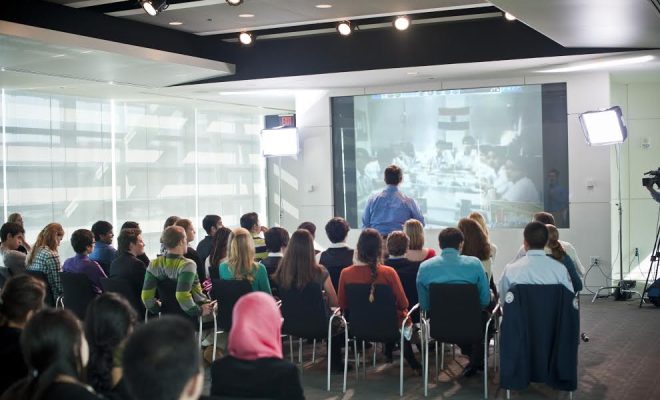Sensory Science: Connecting Children’s’ Science Learning to Their Sensory Play

Sensory play is any activity that stimulates one or more of a child’s five senses: sight, smell, touch, taste, and hearing. Different forms of sensory play impact different senses. For instance, one form of sensory play is a child playing with toys in a sandbox. By feeling the sand and running his toys through it, the child is developing his sense of touch.
A child can also participate in sensory play by smelling different scented stickers to find his favorite scent. This particular activity would develop a child’s sense of smell. Sensory play allows children to make sense of the world around them by exploring and investigating scientific inquiries in a natural, playful manner.
Why is sensory play important?
Although it may seem like sensory play is all fun and games for the sake of enjoyment, sensory play is actually instrumental in a child’s development in many areas:
- Sensory play builds and strengthens nerve connections in the brain, allowing the child to learn more complex concepts later on
- Sensory play supports language development, fine and gross motor skills, cognitive development, and social interaction
- Sensory play has been shown to enhance memory
- Sensory play can calm children when anxious or angry
- Sensory play supports scientific thinking and problem-solving skills
How sensory play encourages scientific thinking
Research shows that the best way for young children to learn is through play-based inquiry. Sensory-based inquiry naturally teaches children to use the scientific process. During sensory play, children learn the value of close observation. During sensory play, children may notice the different textures, sizes, shapes, and colors of the objects they are manipulating. Children can also observe the effects of gravity on different objects, noting that larger blocks usually feel heavier, for instance.
Sensory play also teaches children to solve problems. Children may begin to wonder and investigate:
- How can I build a tower that doesn’t fall?
- Which objects float and which objects sink in water?
- What happens if I hold this ice cube tightly?
- What happens when I add water to sand?
- What happens when I add blocks to my boat?
These investigations during play are instrumental in developing a child’s ability to understand cause and effect.
How to help children connect their sensory play to their science learning
Sensory play can seem fun for children, but time-consuming for adults. However, it doesn’t have to be this way. You can easily help your child develop sensory skills by providing him with a few sensory materials that will likely entertain him for hours on end. The great part about sensory play for parents is that you don’t have to micromanage it! Children will naturally reap the scientific benefits of sensory play on their own without much assistance from you.
The following are some examples of sensory play materials that you can set up for your child:
- Die dried rice different colors and place each color of rice in a separate bowl
- Color cooked spaghetti noodles and mix them with different objects such as coins or small toys
- Set up a kiddie pool filled with sand, a few shovels, and buckets with water
- Create homemade edible finger paint
- Create a sensory bucket with water, pebbles, and water toys
Truly, the possibilities are endless. Help your child develop her future scientific inquiry skills by promoting sensory play in your home or classroom. She will love you for it!






